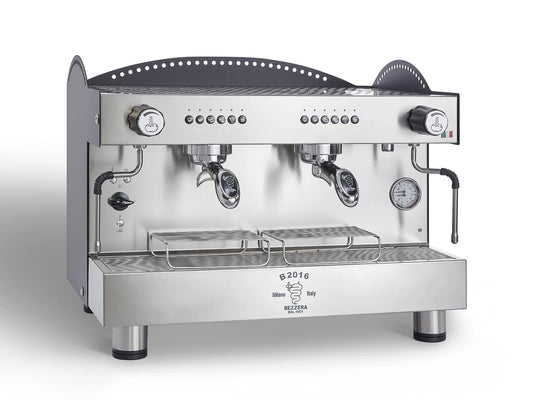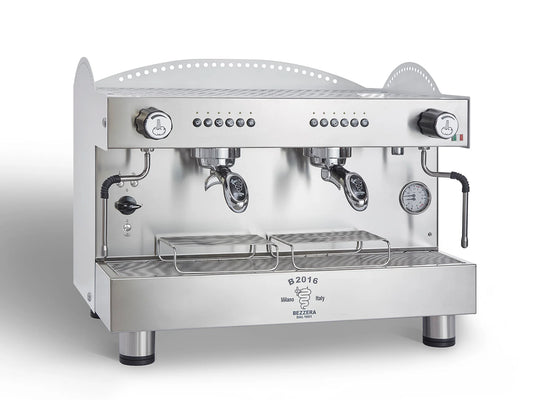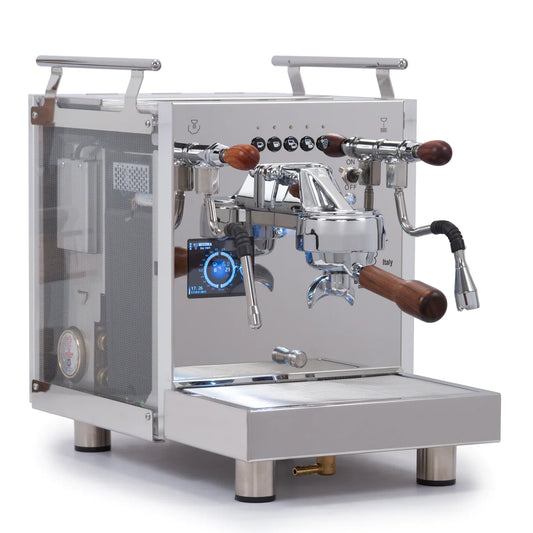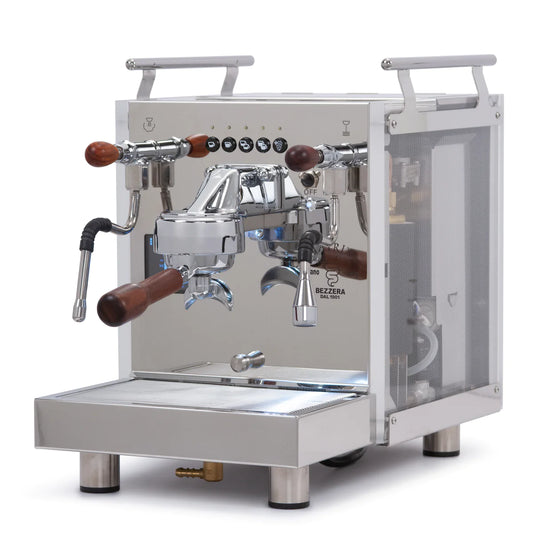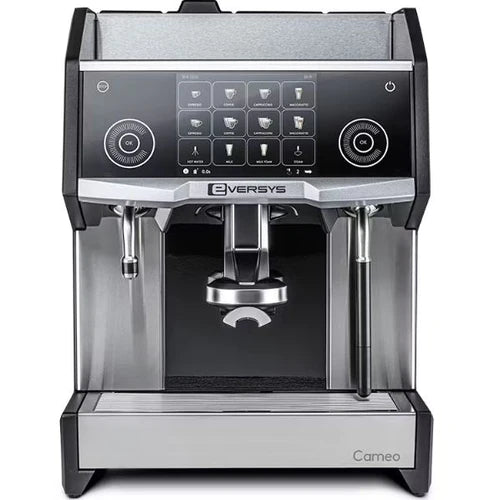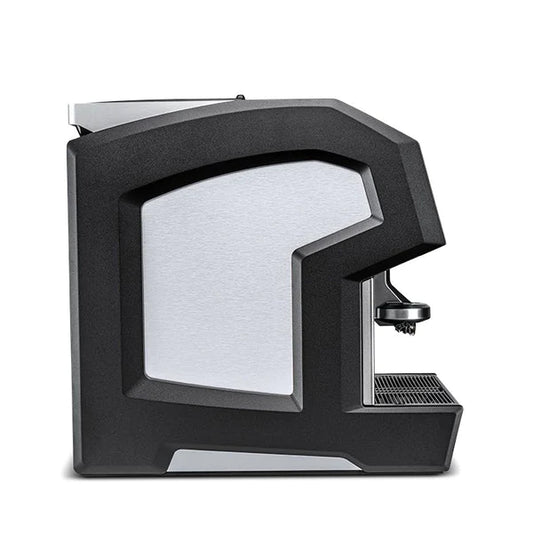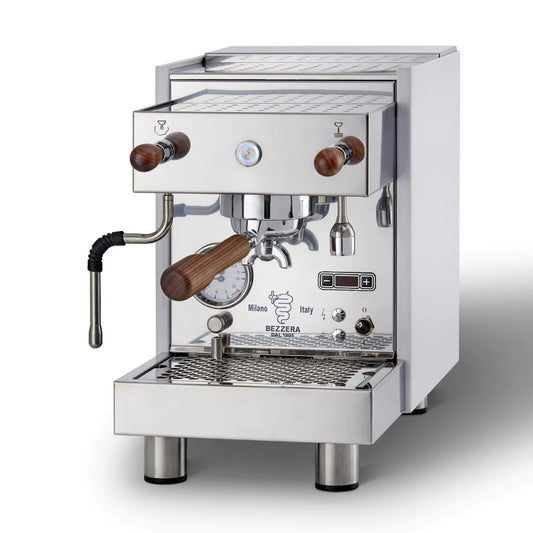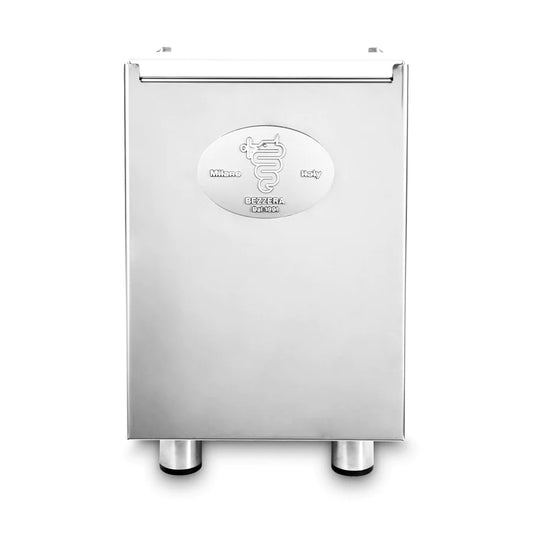Maximizing Your Morning Brew: Essential Tools and Tips for Coffee Enthusiasts
Table of Contents
- Key Highlights:
- Introduction
- The Importance of Machine Maintenance
- Essential Tools for Brewing
- Brewing Techniques and Tips
- Elevating Your Coffee Experience
Key Highlights:
- The quality of water used significantly impacts the flavor of coffee, emphasizing the need for proper machine maintenance to prevent limescale buildup.
- Utilizing descaling tablets can effectively eliminate impurities in coffee makers, enhancing both taste and machine longevity.
- Diverse brewing tools, from scales to grinders and pour-over equipment, can elevate your home coffee experience beyond store-bought options.
Introduction
For many, coffee is more than just a morning ritual; it serves as a vital part of daily life, energizing and motivating us to tackle the day's challenges ahead. However, a great cup of coffee goes beyond simply pouring hot water over ground beans. The intricacies of brewing begin long before the coffee hits the cup, starting with the quality of the water used and extending to the cleanliness and condition of your brewing equipment. As coffee enthusiasts continue to seek out ways to enhance their home brewing processes, understanding the equipment and techniques that contribute to a perfect cup is essential.
Drew Frohn, a wholesale manager and coffee educator at Coava Coffee Roasters, draws attention to the paramount importance of water quality in coffee preparation. He explains that since coffee is composed predominantly of water (around 98%), the substances within that water—along with the cleanliness of your machine—directly influence its flavor. Limescale and residue accumulation can degrade your coffee's taste, making it crucial to keep your machine in top condition.
In this detailed guide, we explore how you can maximize your morning brew through effective cleaning techniques, the right tools, and expert advice that will transform your coffee-making routine.
The Importance of Machine Maintenance
Why Cleanliness Matters for Your Coffee Maker
Investing in high-quality coffee beans and using the best brewing methods can still lead to disappointing results if your coffee maker is neglected. Just as chefs clean their kitchen tools, coffee aficionados need to prioritize the hygiene of their brewing devices. A build-up of limescale, a result of water hardness, can accumulate over time, affecting not just the flavor of your coffee but also the efficiency of your machine.
To ensure your coffee remains consistent and flavorful, regular cleaning should be part of your routine. Manufacturer recommendations often suggest descaling every 1-3 months, depending on the usage and water quality in your area. For difficult stains and limescale buildup, resorting to descaling tablets can simplify the process.
Effective Cleaning Techniques
Most coffee enthusiasts are familiar with basic maintenance like rinsing and wiping surfaces. However, internal cleaning is just as vital. Utilizing descaling agents specifically designed for coffee machines can remove stubborn calcium and mineral deposits. This process extends the lifespan of your machine and restores its brewing efficiency.
When Paul Smith, a regular coffee drinker, noticed a marked decline in the quality of his brews, he believed it was just poor beans. After cleaning his French press with a recommended descaling powder, the difference was astounding. “It was like tasting coffee for the first time again,” he stated, emphasizing the need for regular machine maintenance.
Essential Tools for Brewing
Water Quality Matters
As emphasized by, Frohn, not all water is created equal in the world of coffee. The balance of minerals in your water can greatly influence the extraction process that defines a good brew. Investing in a home filtration system can be beneficial for many. But for those without extensive setups, there are simpler methods to enhance water quality.
One practical solution is to utilize mineral packets that can be mixed with distilled water to create a balanced brewing medium. This technique allows even those without access to filtered water to produce better coffee by optimizing mineral content.
The Role of Coffee Makers
While automation offers convenience, understanding your options is key to enhancing your coffee experience. From drip coffee machines to espresso makers, each type serves a specific purpose.
Drip Coffee Makers
Automatic drip machines offer a blend of comfort and consistency, and options like the Breville Precision Brewer stand out for their versatility and high-quality brewing capabilities. With settings that allow for adjustments in brew times and temperatures, these machines cater to various preferences and can brew multiple cups simultaneously.
Pour-Over Devices
Manual brewing methods, such as pour-over, are recommended by many experts for their ability to control the brewing process. Devices like the Chemex and Kalita Wave have earned their place in coffee enthusiasts’ kitchens due to their design and effectiveness in extracting rich coffee flavors. Sumi Ali, co-founder of Yes Plz Coffee, cites the Chemex for its ability to produce clean, vibrant coffee and suggests embracing its simplicity for optimal results.
Grinders: The Unsung Heroes
Grinders play a pivotal role in coffee quality. A good grinder breaks down coffee beans to a consistent size, enabling an even extraction. Frohn endorses the Baratza Encore burr grinder for home users, highlighting its performance and value for money. Burr grinders, as opposed to blade grinders, provide a better grinding experience, maintaining the integrity of the coffee’s flavors.
The Precision of Scales
For a perfected brewing technique, precise measurement is crucial. Accurate coffee scales help in achieving ideal coffee-to-water ratios. The Timemore scale, favored for its compact design and precision, allows users to measure grams of coffee with sophisticated accuracy. This small but effective tool can drastically improve consistency and result quality.
Brewing Techniques and Tips
Mastering the Pour-Over
The pour-over method is frequently touted for its simplicity and control: pouring hot water over coffee grounds in a deliberate manner allows for maximizing flavor extraction. Hardin emphasizes various techniques such as the “bloom” phase, where the coffee releases gas upon initial contact with water, thus affecting taste.
Temperature Control with Kettles
Investing in an electric gooseneck kettle can enhance your pour-over experience. The Fellow Stagg EKG, for example, allows for precise temperature settings, essential for different types of coffee beans. Achieving the right temperature ensures optimal extraction and flavor profile.
Exploring Variability
Experimentation is encouraged in the world of coffee brewing. Trying different beans, varying grind sizes, or reworking water ratios can lead to interesting discoveries and personal favorites. The essence is to find what suits your palate best.
Elevating Your Coffee Experience
Beyond Coffee Makers
As your coffee knowledge expands, consider additional tools that may support your journey. Whether it be a robust French press like the Bodum Chambord or advanced thermal brewers like the Technivorm Moccamaster, each product comes with unique features that enhance the brewing experience.
Sustainable Practices
For the environmentally conscious, implementing practices such as reusable coffee pods, and eco-friendly filters will not only lessen your carbon footprint but enrich your brewing approach. The advancement of sustainable coffee products reflects a growing understanding among consumers regarding their choices’ impact.
FAQ
What is the most important factor in brewing coffee? Water quality is key. Since coffee is primarily made up of water, impurities can greatly affect the taste.
How often should I clean my coffee maker? It's recommended to descale your coffee maker every 1-3 months, based on your water quality and usage.
What kind of grinder should I get for home use? A good burr grinder, such as the Baratza Encore, is advisable for its consistent grind size, which is crucial for brewing quality coffee.
Can I use bottled water for coffee? Yes, bottled water can be a good alternative, especially if filtered or mineral water is not available.
What is the best brewing method for beginners? The pour-over method is suggested for its simplicity and control, providing an excellent introduction to brewing coffee properly.
By understanding the critical components of brewing coffee—ranging from water quality to cleaning practices, and having the right equipment—coffee enthusiasts can achieve a more satisfying experience in the comfort of their homes. Armed with the right knowledge, techniques, and tools, it's possible to elevate your coffee game, transforming each cup into a thoughtful, delicious work of art.

